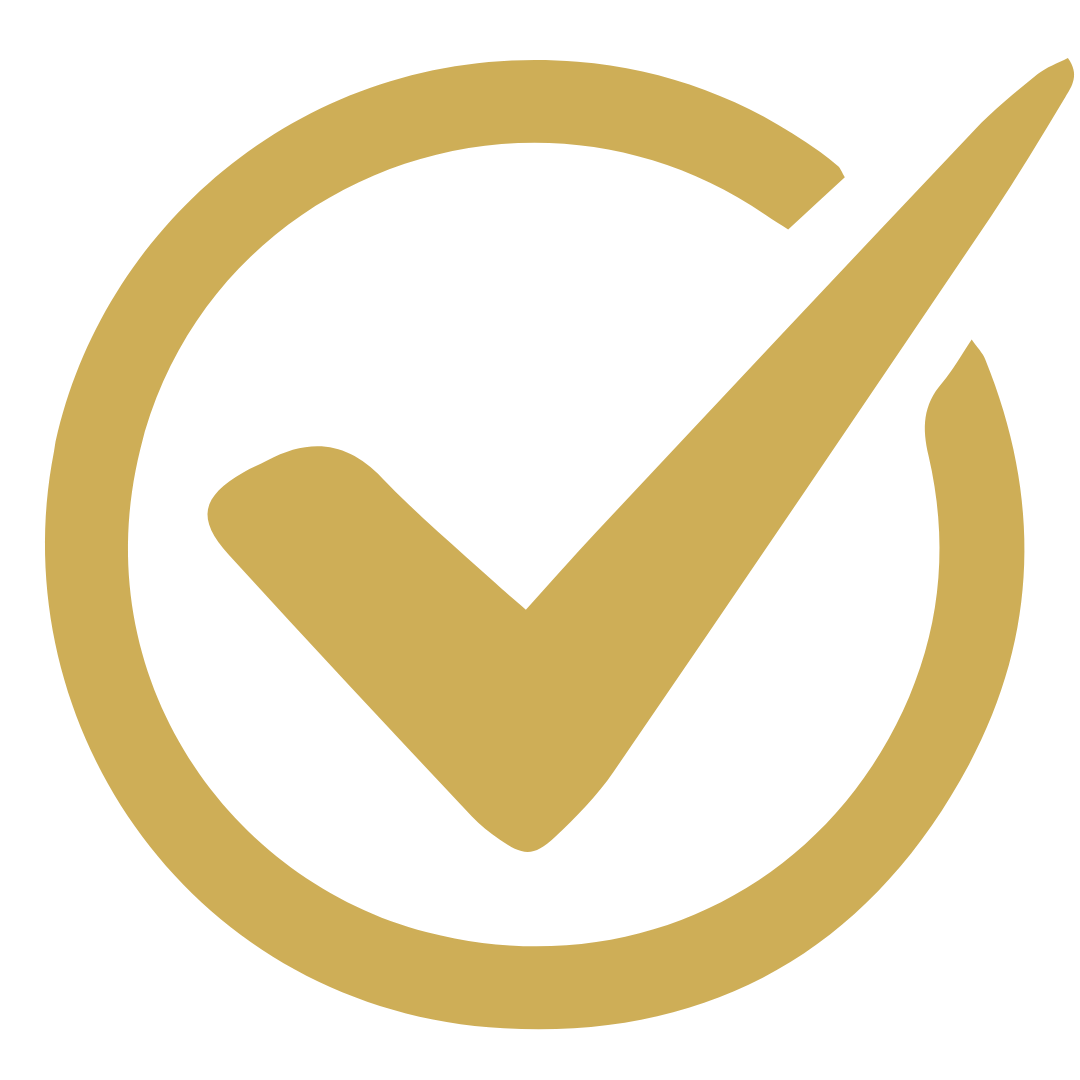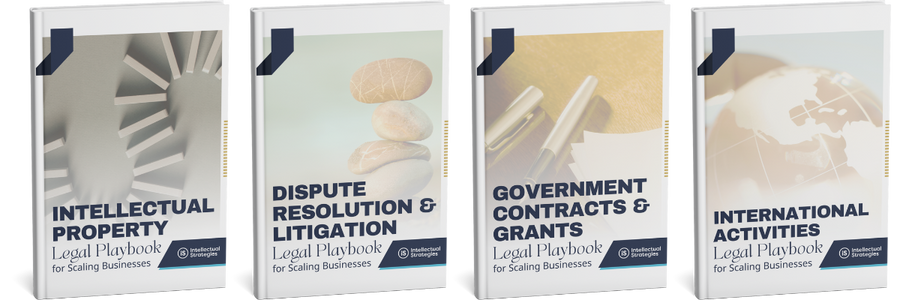FREQUENTLY ASKED QUESTIONS
Does my startup need a patent?
It depends. If you’re building proprietary technology or processes that differentiate your product, a patent may help protect your IP and increase company value.
What’s the difference between a provisional and non-provisional patent?
A provisional patent gives you a 12-month window to secure an early filing date. A non-provisional patent starts the formal examination process. We help you decide when and how to file.
Can I file a patent on software?
It’s possible, but complex. Software patents require novelty and technical innovation. We help evaluate whether your SaaS platform or feature may qualify and coordinate with patent counsel.
Do I own the invention if I paid someone to build it?
Not automatically. IP assignment is critical—especially with contractors. We ensure your company legally owns all patented work through proper agreements.
What is a patentability review?
It’s a legal and technical evaluation to determine whether your innovation is new, useful, and non-obvious before spending money on filing.
How long does a patent last?
Utility patents typically last 20 years from the filing date. Provisional patents last 1 year, after which you must convert to a non-provisional to keep protections moving forward.
How do investors view patents?
Patents can increase perceived value and reduce risk. Investors often want to see that your core technology is protected or in process. We help you prepare the right documentation and strategy.
What’s a freedom-to-operate (FTO) search?
It checks whether your product or process may infringe existing patents. We recommend this during product planning or before major market launches.
What if I disclose my invention before filing?
Public disclosure (like pitching or publishing) can limit your rights. We help you manage NDAs and timing to preserve your ability to patent.
What’s the cost of a startup patent strategy?
We offer flat-fee strategy packages and connect you with cost-conscious patent attorneys. Our goal is to help you spend wisely not excessively.
Can I patent an idea without a prototype?
Yes, but your description must be detailed enough to enable someone skilled in the field to make/use it. We help refine your disclosures.
Do patents protect me internationally?
US patents do not protect you abroad. You’ll need to file in other countries. We can discuss international strategy and help coordinate with global counsel.
How do patents support licensing deals?
Unclear ownership, brand disputes, missed protection windows, investor red flags, and difficulty licensing or exiting. A smart IP plan prevents all of that.
Can you file the patent for me?
We don’t file patents directly, but we refer you to vetted, startup-savvy patent attorneys and work closely with them on strategy and documentation.
Is a patent always the best option for protecting IP?
Not always. Trade secrets, copyrights, and strong contracts may be better depending on your product. We help you make the right call for your business.

















